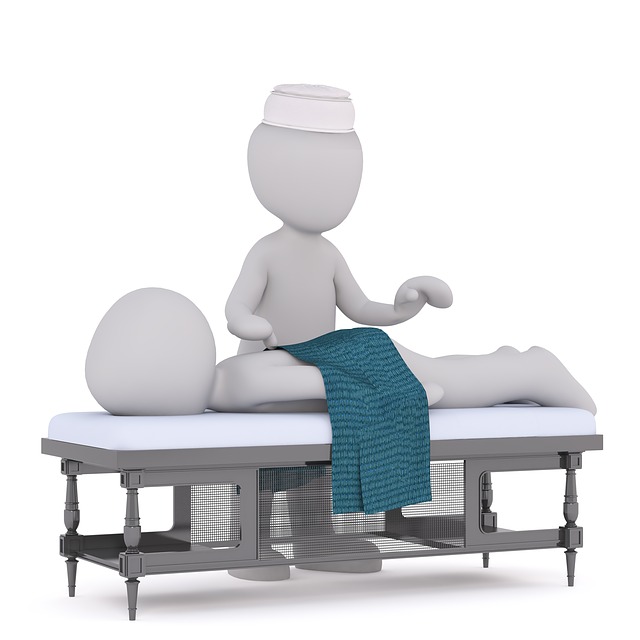
There is no question that developing a strong relationship with your patients is important. After all, they are the lifeblood of your business. However, many doctors and other healthcare professionals don’t appreciate the importance of this relationship. They see their patients as nothing more than a source of income. Building a strong relationship with your patients can help you in many ways.
It Builds Loyalty
When a patient has a good relationship with their doctor, they are much more likely to be loyal to that doctor. They are less likely to switch to another healthcare provider even if that provider is closer to them or offers lower prices. This is because they know that they can trust their doctor and they feel comfortable with them.
Loyal patients are also more likely to refer their friends and family members to you. No one is more trusted than a friend or family member, so this can be a great source of new business. This can help you attract new patients and grow your practice. Finally, loyal patients are more likely to comply with your treatment recommendations. This can lead to better health outcomes for them and lower costs for you.
It Builds Trust
When patients trust their doctors, they are more likely to follow their advice. This is especially important when it comes to treatment compliance. Patients who trust their doctors are more likely to take their medications as prescribed and to show up for appointments. This can lead to better health outcomes and lower costs for both the patient and the doctor.
Trust is also important when it comes to making decisions about treatments. Patients who trust their doctors are more likely to agree to procedures or tests that their doctor recommends. This can help to ensure that the patient receives the best possible care.
They are also more likely to be honest with them about their health. This honesty is important because it allows the doctor to make the best possible decisions about their care. Finally, patients who trust their doctors are more likely to give them positive reviews. This can help attract new patients and grow your practice.
It Increases Communication
Patients who have a good relationship with their doctor are more likely to communicate openly with them. This communication is important because it allows the doctor to understand the patient’s needs and concerns. It’s not uncommon for patients to withhold important information from their doctor because they feel uncomfortable or embarrassed. However, this can lead to problems with their care.
Open communication also allows the doctor to provide the patient with education about their condition and treatment options. This education is important because it helps the patient make informed decisions about their care. Finally, open communication can help doctors improve their patient relationship management by identifying areas where they can make changes.
It Improves Your Morale and Job Satisfaction
Lower patient treatment adherence, longer wait times, and more paperwork are just a few of the things that have been seen to lead to low job satisfaction among doctors. You can imagine, then, that a good relationship with patients can have the opposite effect. When you have a good relationship with your patients, you are more likely to feel satisfied with your job.
When you have a good relationship with your patients, you are more likely to feel appreciated. This is because patients are more likely to express their gratitude when they have a good relationship with their doctor. This appreciation can lead to increased job satisfaction and morale.
A good patient-doctor relationship can also lead to better patient outcomes. When you have a good relationship with your patients, they are more likely to trust you and follow your advice. This can lead to better health outcomes and lower costs for both the patient and the doctor.
Conclusion
If you are looking for ways to improve your relationship with your patients, there are a few things you can do. First, make sure that you are taking the time to get to know your patients. This includes taking the time to listen to their concerns and answering their questions. Second, be sure to communicate openly with your patients. This includes providing them with education about their condition and treatment options. Finally, make sure that you are showing your patients appreciation. This can be done by expressing your gratitude when they follow your advice or by giving them positive reviews.

